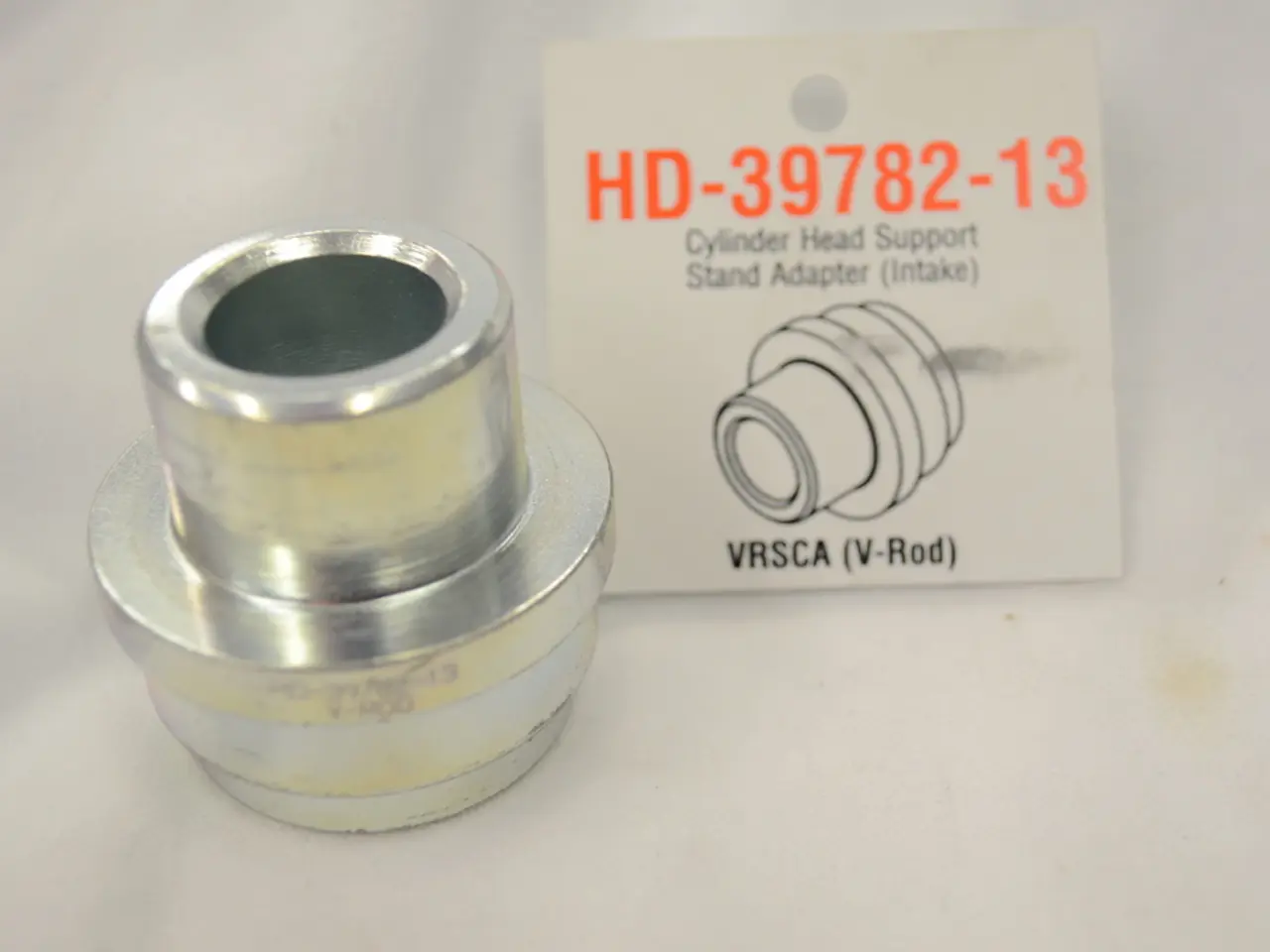Government's green policy results in an additional £2 expenditure each time you fuel your car with E10 petrol, as per exclusive report
In the ongoing quest to reduce carbon emissions, the UK government has been gradually increasing the use of biofuels in petrol and diesel. However, this shift has resulted in a multifaceted impact on fuel prices for drivers.
## Increased Costs from Biofuel Blending
The introduction of E10 petrol, which contains a higher concentration of eco-friendly bioethanol, has led to a 3.5 pence per litre increase in costs for motorists. This translates to approximately an extra £2 per fill-up for drivers in the UK. It's essential to note that biofuels are generally more expensive than traditional fossil fuels, leading to higher fuel prices when blended into petrol and diesel.
## Market Dynamics and Competition
The UK's biofuel industry faces competition from cheaper imports, such as U.S. biofuels, which can disrupt the domestic market and lead to plant closures. This competition may not directly increase prices but can reduce the availability of domestic biofuels, affecting market dynamics.
Government policies and targets also play a significant role. The UK has set targets for renewable transport fuels under the Renewable Transport Fuel Obligation (RTFO), aiming for 14.6% of transport fuel to be renewable by 2032. These mandates can influence the cost of biofuels and their blending into petrol and diesel, potentially affecting fuel prices.
## Overall Impact on Fuel Prices
The overall impact of increased biofuel content on fuel prices for UK drivers is a combination of higher production costs, government policies, and market competition. While biofuels are part of the UK's strategy to reduce emissions, they can lead to higher fuel costs due to their generally higher production costs compared to traditional fuels.
However, as the UK continues to align with environmental goals, the long-term benefits of these policies may outweigh the short-term cost increases for drivers. Urgent talks with ministers are being sought to increase biofuel usage, which could further influence fuel prices and the sustainability of the biofuels sector.
## Compatibility Concerns and Engine Damage
It's crucial for motorists to ensure their vehicles are compatible with E10 petrol. Any car registered before 2002 could be at risk if they use E10 and should be checked for compatibility. Filling an incompatible car with E10 can cause a variety of issues in older vehicles, such as damage to seals, plastics, and metals. The move to E10 petrol has resulted in long-lasting damage to engine components for vehicles not compliant with the higher bioethanol mix.
In addition, the use of E10 petrol in petrol-powered garden equipment, such as lawnmowers, could cause damage to the equipment. The AA has warned that owners of petrol-powered lawnmowers should steer clear of E10 petrol and instead use super grade E5.
E10 petrol is not more economical for a car's engine, as it burns faster due to the higher concentration of ethanol in the mix. Drivers who cover above-average mileage will need to visit filling stations more frequently due to the use of E10 petrol.
## The Bottom Line
The shift to biofuels in the UK's fuel mix is a complex issue with both environmental benefits and financial drawbacks for drivers. As the UK continues to grapple with the challenges of reducing emissions while keeping fuel prices affordable, it's crucial for drivers to stay informed and take necessary precautions to protect their vehicles.
The UK government's focus on introducing biofuels into petrol and diesel may lead to an increase in property maintenance costs for motorists due to potential engine damage caused by incompatible vehicles. To save on property maintenance costs, car owners should ensure their vehicles are compatible with E10 petrol before filling up.
The UK's biofuels industry could also face challenges in terms of sports performance, as the use of E10 petrol in petrol-powered garden equipment may lead to equipment damage. To maintain the performance of their gardening tools, homeowners should consider using super grade E5 instead.




